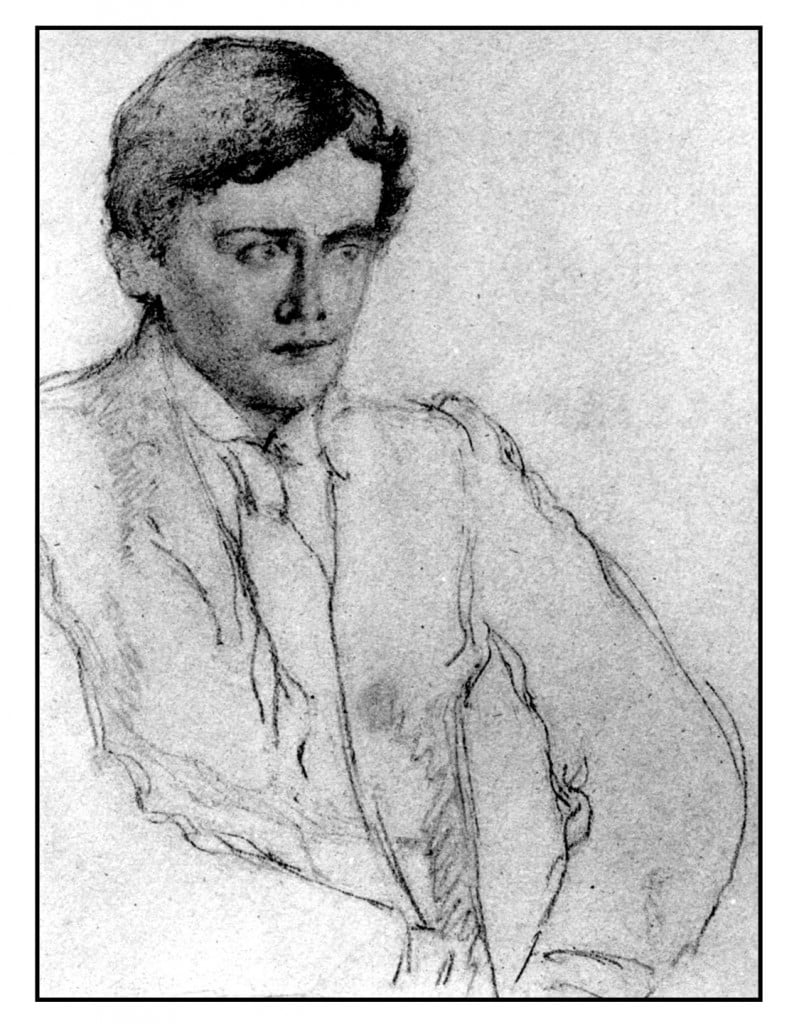 In 1873, Walter Pater, a fellow at Brasenose College in Oxford, published Studies in the History of the Renaissance. The book contained some previously published papers and several new essays on the poets, painters and philosophers of the Renaissance. The concluding chapter reworked some comments from an earlier paper on the poetry of William Morris to provide a summary of Pater’s aesthetic philosophy. This combined a skepticism about anything beyond our immediate sensations, an agnosia about any higher power or any life beyond our present mortal span, and a delight in the pleasure that comes from experiencing beauty. The goal in life was to enjoy each moment as fully as possible:
In 1873, Walter Pater, a fellow at Brasenose College in Oxford, published Studies in the History of the Renaissance. The book contained some previously published papers and several new essays on the poets, painters and philosophers of the Renaissance. The concluding chapter reworked some comments from an earlier paper on the poetry of William Morris to provide a summary of Pater’s aesthetic philosophy. This combined a skepticism about anything beyond our immediate sensations, an agnosia about any higher power or any life beyond our present mortal span, and a delight in the pleasure that comes from experiencing beauty. The goal in life was to enjoy each moment as fully as possible:
Every moment some form grows perfect in hand or face; some tone on the hills or the sea is choicer than the rest; some mood of passion or insight or intellectual excitement is irresistibly real and attractive to us, –for that moment only. Not the fruit of experience, but experience itself, is the end. A counted number of pulses only is given to us of a variegated, dramatic life. How may we see in them all that is to seen in them by the finest senses? How shall we pass most swiftly from point to point, and be present always at the focus where the greatest number of vital forces unite in their purest energy?
To burn always with this hard, gem-like flame, to maintain this ecstasy, is success in life. In a sense it might even be said that our failure is to form habits: for, after all, habit is relative to a stereotyped world, and meantime it is only the roughness of the eye that makes two persons, things, situations, seem alike. While all melts under our feet, we may well grasp at any exquisite passion, or any contribution to knowledge that seems by a lifted horizon to set the spirit free for a moment, or any stirring of the sense, strange dyes, strange colours, and curious odours, or work of the artist’s hands, or the face of one’s friend. Not to discriminate every moment some passionate attitude in those about us, and in the very brilliancy of their gifts some tragic dividing on their ways, is, on this short day of frost and sun, to sleep before evening. (Pater, 1893, pp. 188-189)
Read more




